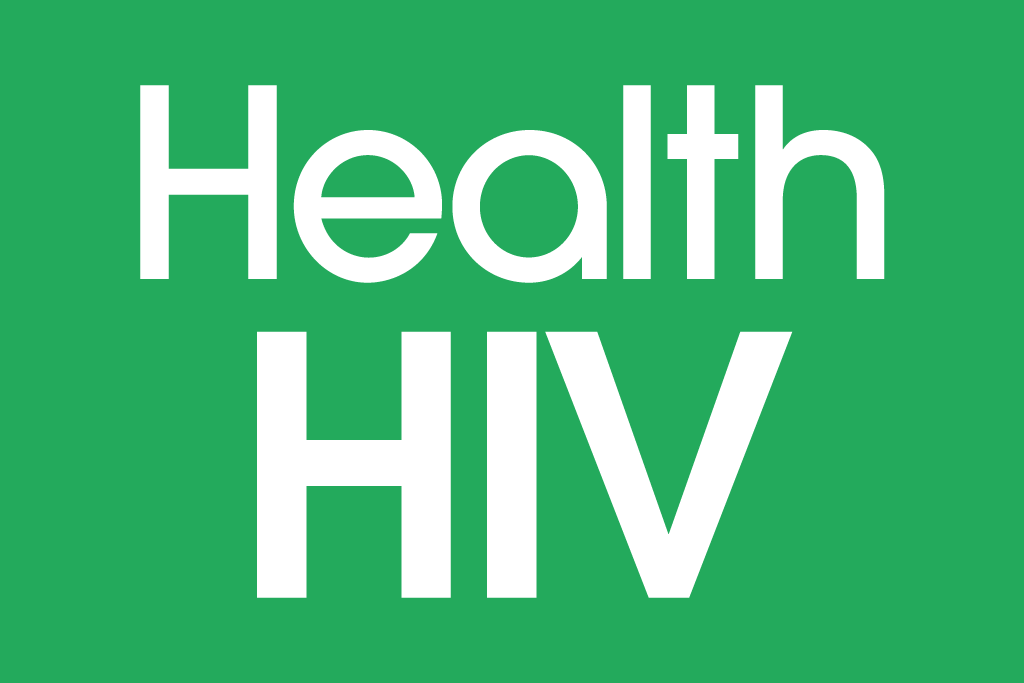Washington, DC – As Hepatitis C (HCV) rates steadily climb, health care providers cite limited infrastructure as a key impediment to their ability to provide HCV prevention, care, and treatment services to those who need it most. In the midst of a worsening Opioid Crisis and the COVID-19 pandemic, an influx of new HCV patients who have delayed services are expected to enter care in a system that may be under-resourced and ill-equipped to handle the increased volume.
Today, on World Hepatitis Awareness Day, HealthHCV released a comprehensive report on the HealthHCV Fourth Annual State of HCV Care National Survey™, which includes first-of-its-kind data on the state of HCV care in HIV and primary care settings. The report highlights specific education, training, and financial resources that providers need in order to scale-up HCV services, remain responsive to national guidelines and recommendations, and meet the needs of a growing and diversifying HCV patient population.
Key findings from the providers surveyed in the HealthHCV Fourth Annual State of HCV Care National Survey demonstrate notable gaps in the HCV prevention and treatment infrastructure, including:
- Lack of infrastructure is limiting services from providers of HCV prevention, care, and treatment services, impacting the ability to end the HCV epidemic: One-third of providers cited that limited infrastructure impeded their ability to provide HCV services. Over a quarter of providers reported that administrative time needed to process prior authorizations and treatment utilization policies impacting coverage by payers further served as barriers in providing HCV services. Nearly one-third were unable to treat a patient with HCV due to payer/insurance limitations and restrictions.
- HCV screening practices are falling well short of benchmarks: Many HCV service providers are not implementing CDC HCV screening recommendations. Fewer than two-thirds implement one-time screening for all adult patients, nearly one-half (44%) do not screen patients diagnosed with HIV, less than half (42%) screen baby boomers (born between 1945 and 1965), and only 14% screen patients pregnant in the third trimester.
- Reinfection concerns arise, highlighting a dearth in re-screening practices among providers: While nearly a quarter of participants reported that they are seeing HCV reinfection amongst their patient population, who are primarily persons who inject drugs, those experiencing homelessness, and coinfected with HIV and HCV. However, 39% never screen clients for re-infection. This presents a real gap in service delivery and reinfection prevention for HCV.
- Providers indicated an increasing need for education & training opportunities to address HCV: Providers requested additional education and training on current HCV screening and treatment guidelines, simplifying HCV care and treatment in practice, enhancing HCV linkage to care strategies to increase HCV clients on treatment, and discussing substance use with patients with HCV.
“The COVID-19 pandemic has the potential to set back our progress on HCV elimination if those who are newly infected or delayed treatment are not accelerated into care and treatment. It is imperative that limited infrastructure capacity and workforce constraints are not barriers to HCV diagnosis and treatment,” said HealthHCV Director Marissa Tonelli. “HealthHCV is committed to addressing the infrastructure needs in primary care and HIV care settings through technical assistance and resource dissemination to ensure more people with HCV have access to curative therapy.”
The HealthHCV Fourth Annual State of HCV Care National Survey is fielded online annually via REDCap. It is distributed through HealthHCV to hundreds of providers in all 50 states, the District of Columbia, Puerto Rico, and other major U.S. territories.
The HealthHCV Fourth Annual State of HCV Care National Survey report documents the key survey findings and their implications on the HCV provider workforce. View the report and access existing HCV resources available for consumers, providers, and advocates on HealthHCV’s online resource center at HealthHCV.org.




